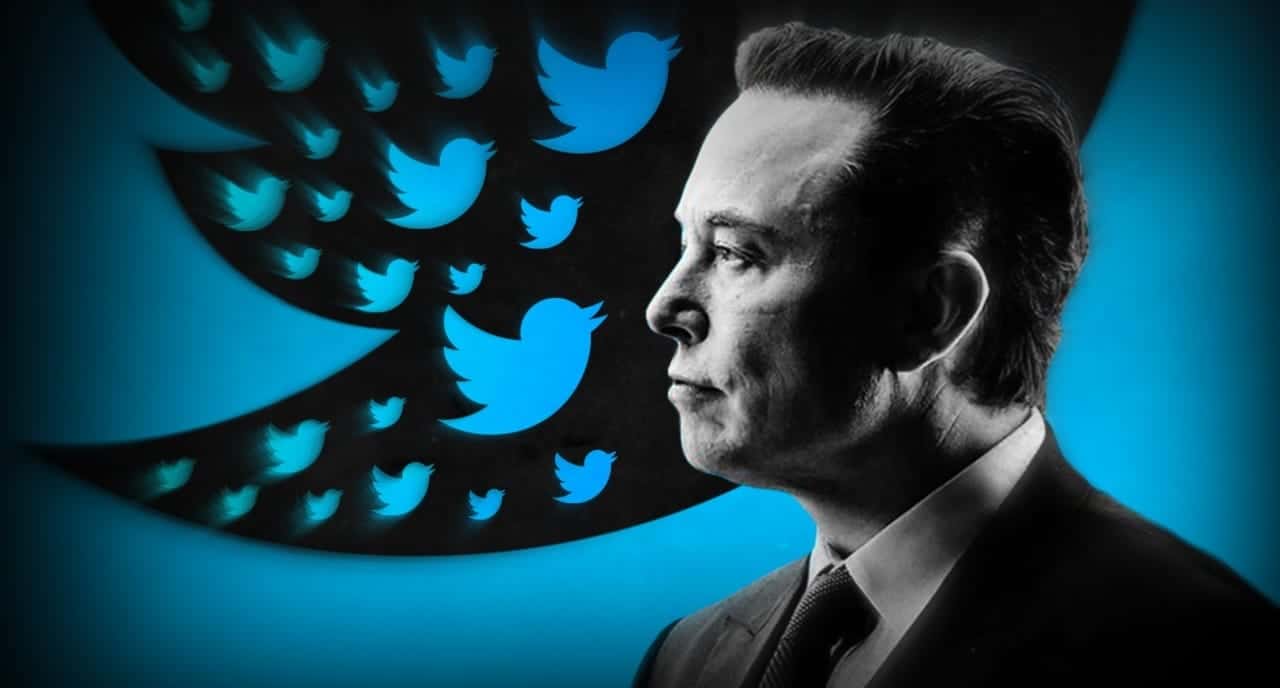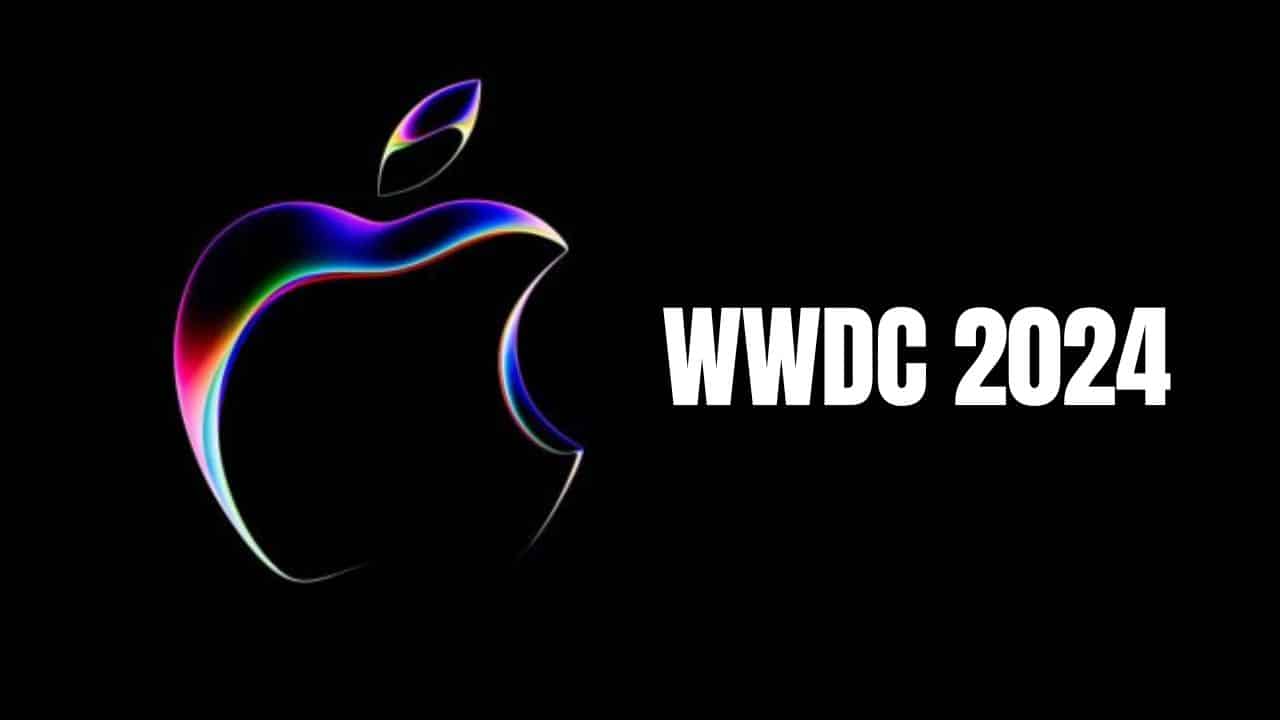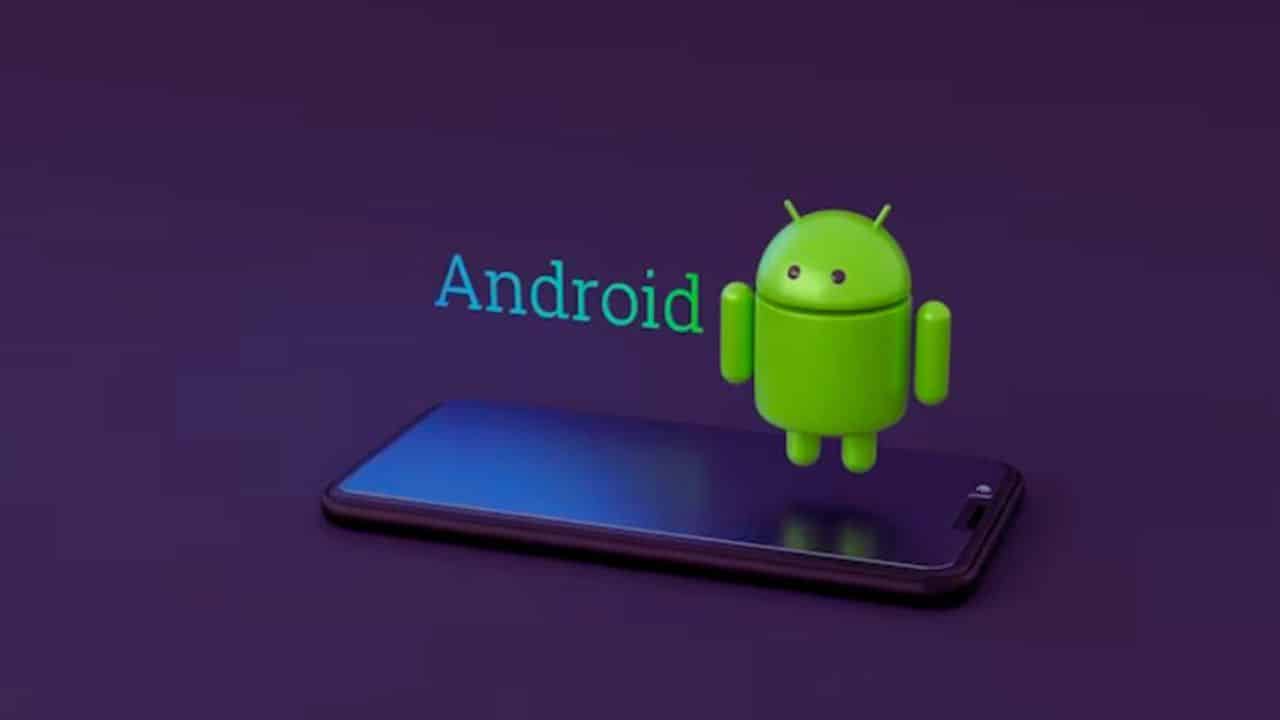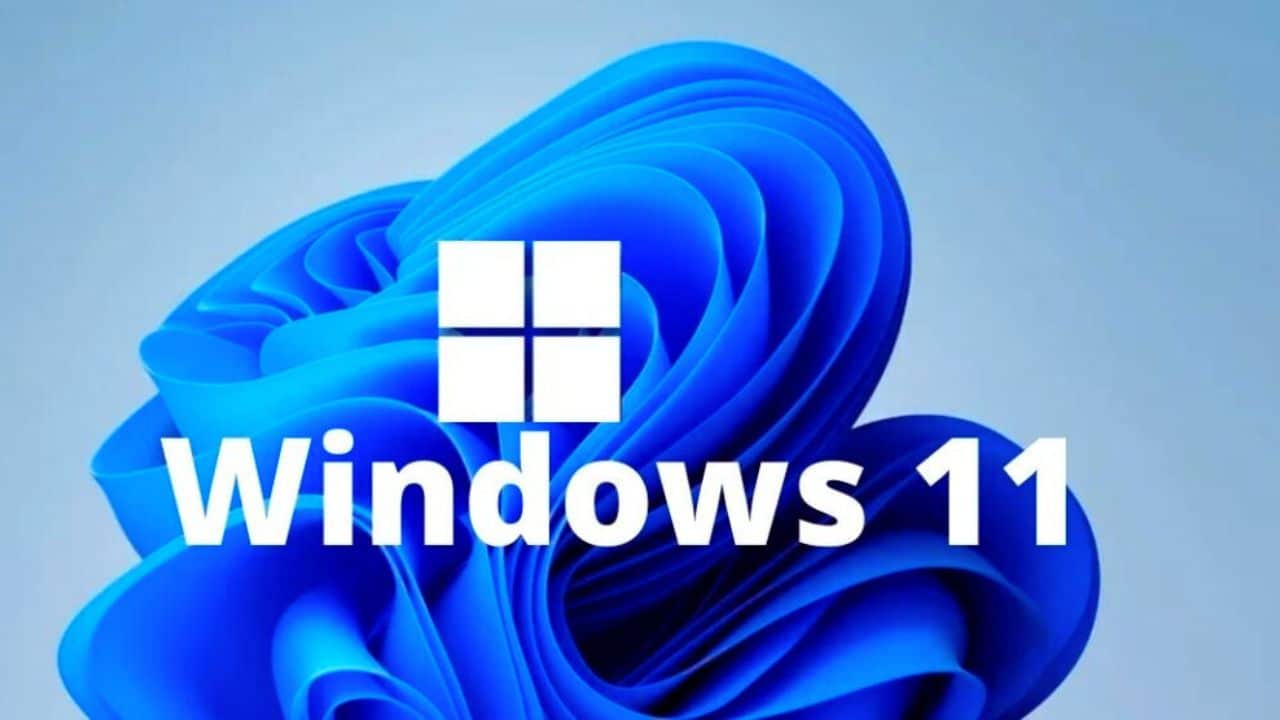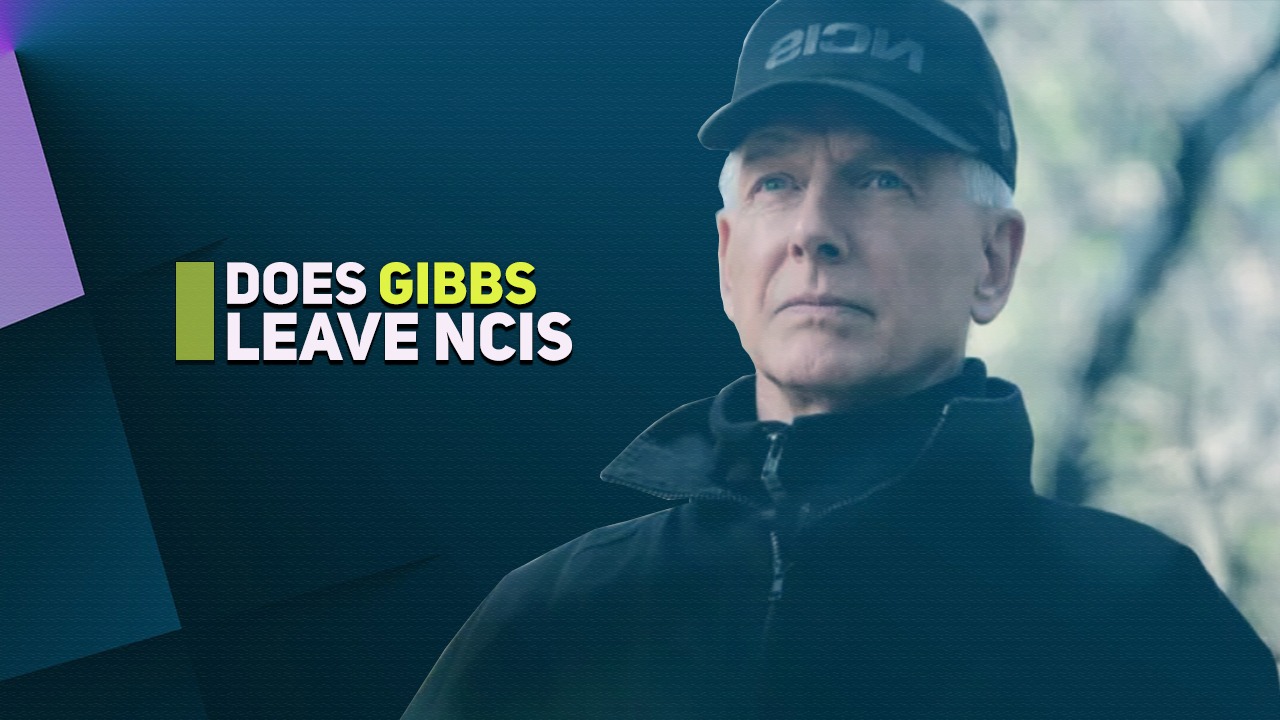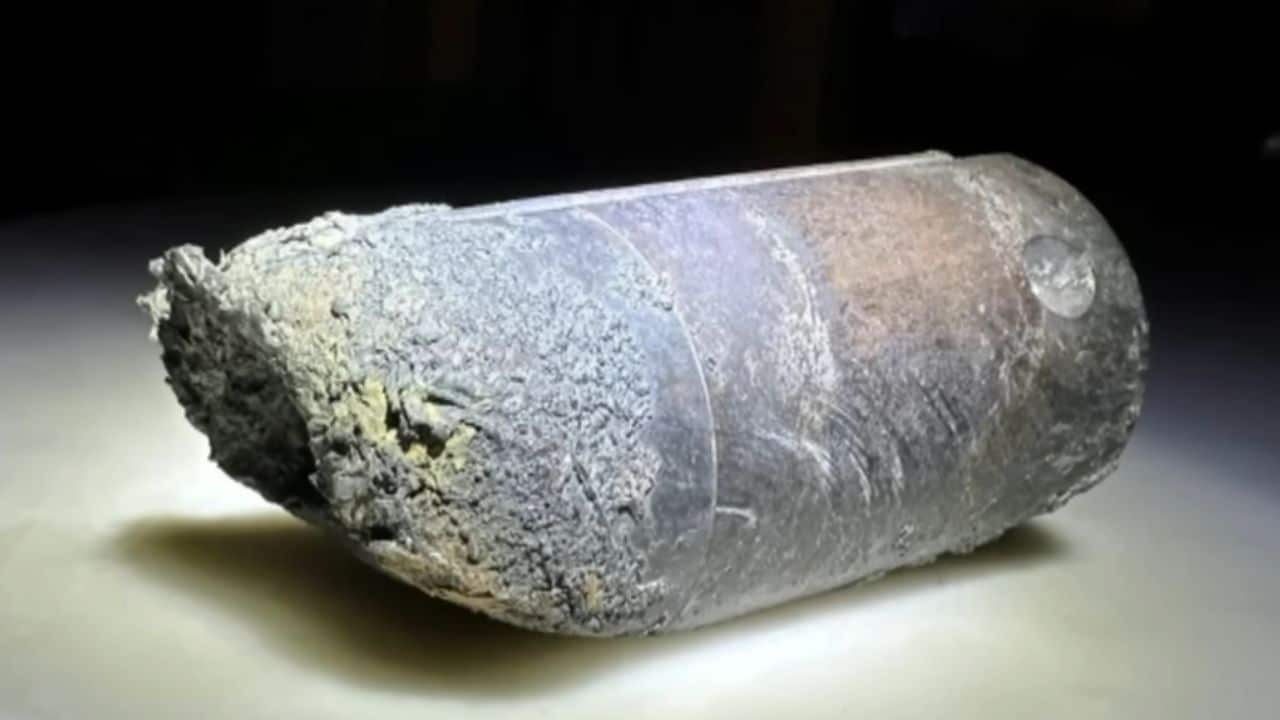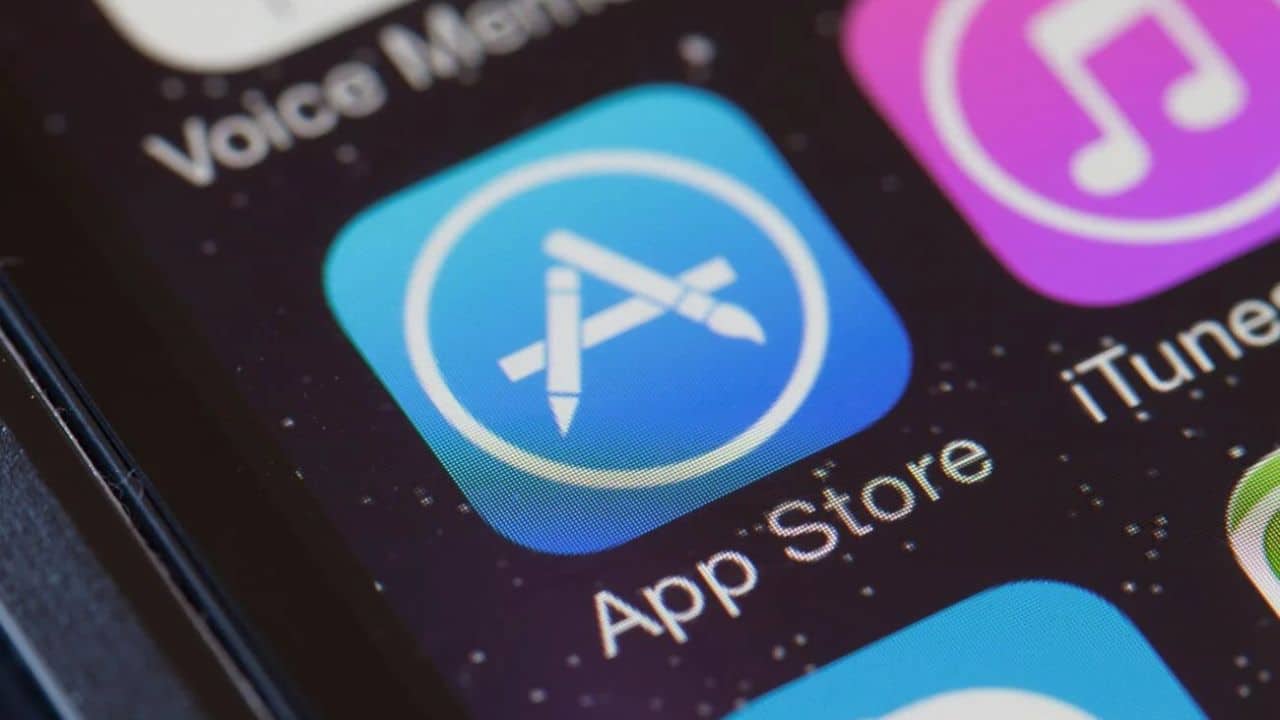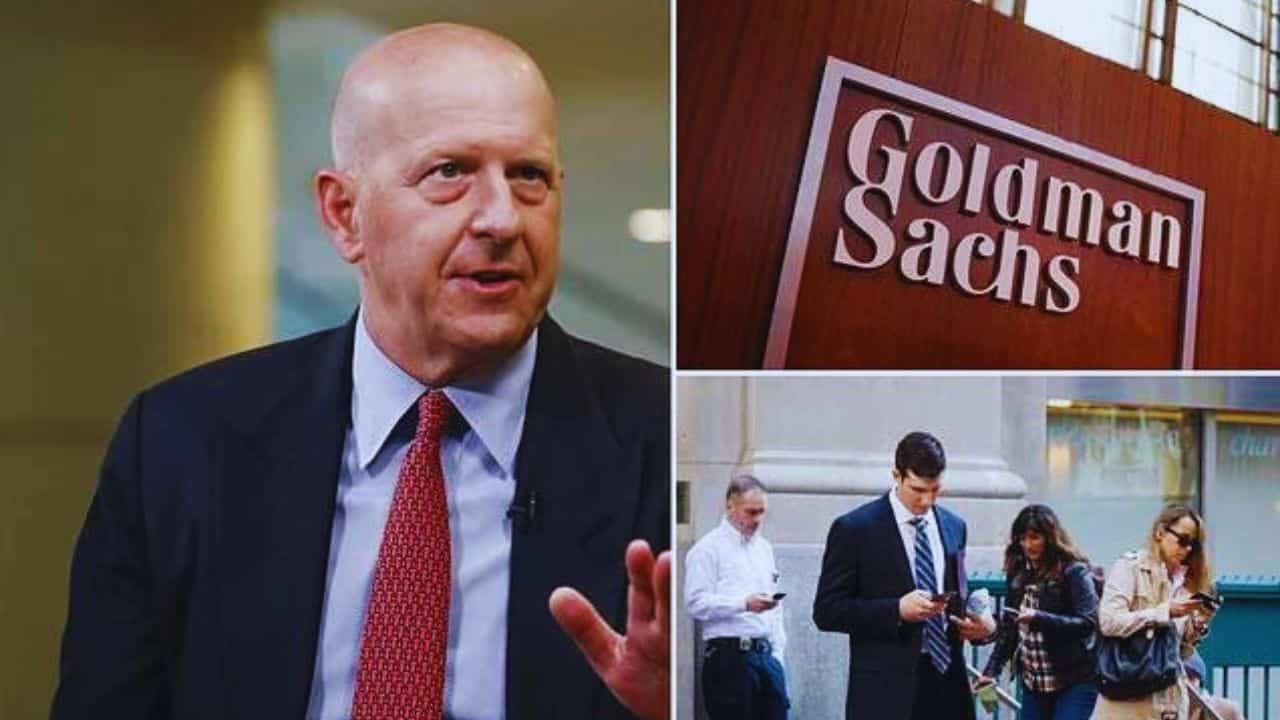Listen to Podcast:
Elon Musk, who owns Twitter, confirmed Tuesday night that he will step down as CEO of the company, but only when he finds a replacement. This was the first time he directly addressed a Twitter poll he made this week in which millions of users voted for him to be fired.
Read More: Kakegurui Season 3
Musk said in a tweet, “I will resign as CEO as soon as I find someone foolish enough to take the job!
I will resign as CEO as soon as I find someone foolish enough to take the job! After that, I will just run the software & servers teams.— Elon Musk (@elonmusk) December 21, 2022
He also said that after he quit as CEO, Musk would “run the software and servers teams” at Twitter, which suggests he may still have a big say in how the company makes decisions.
After the poll’s results were announced, no one talked about it for more than a day. On Monday, after more than 17 million people voted, and 57.5% of them said Musk should quit, the billionaire CEO didn’t directly talk about the results. He said that Twitter polls in the future might only be open to people who pay for Twitter Blue, the company’s subscription service.
Also Read: Elon Musk Thinking
Musk’s poll asking users if he should resign as CEO came after a huge backlash to Twitter’s sudden suspension of several journalists who cover him, as well as Twitter’s decision to ban and then unban links to other social media platforms like Facebook, Instagram, and Mastodon, a fast-growing Twitter rival that has more than doubled in size since October.
Musk’s short time as CEO of one of the most influential social media companies in the world has led to big and sometimes strange changes.
Under his leadership, Twitter fired most of its employees, turned off major advertisers, let former President Donald Trump back on the platform after he was banned because of the Jan. 6 Capitol riots, and gave journalists access to internal emails about how Twitter worked before Musk bought it.
Musk made the remaining employees sign a promise to work “extremely hardcore,” and he stopped enforcing Twitter’s policy against spreading false information about Covid-19.
In just a few days, Twitter introduced a paid verification feature that was quickly abused by fake accounts pretending to be verified by major brands, athletes, and other public figures on the platform.
Musk’s habit of making big changes to products based on little more than informal Twitter polls has shown how he manages things on the fly and on the spot. But this method is getting more and more criticism from Twitter users. Last week, Twitter banned a few journalists who wrote about Musk’s decision to ban an account that tracked his jet for good.
Growing criticism of Musk led up to the poll on Sunday, which was good, if not scientific, vote on how Musk has run the company since he finished buying Twitter in late October.

